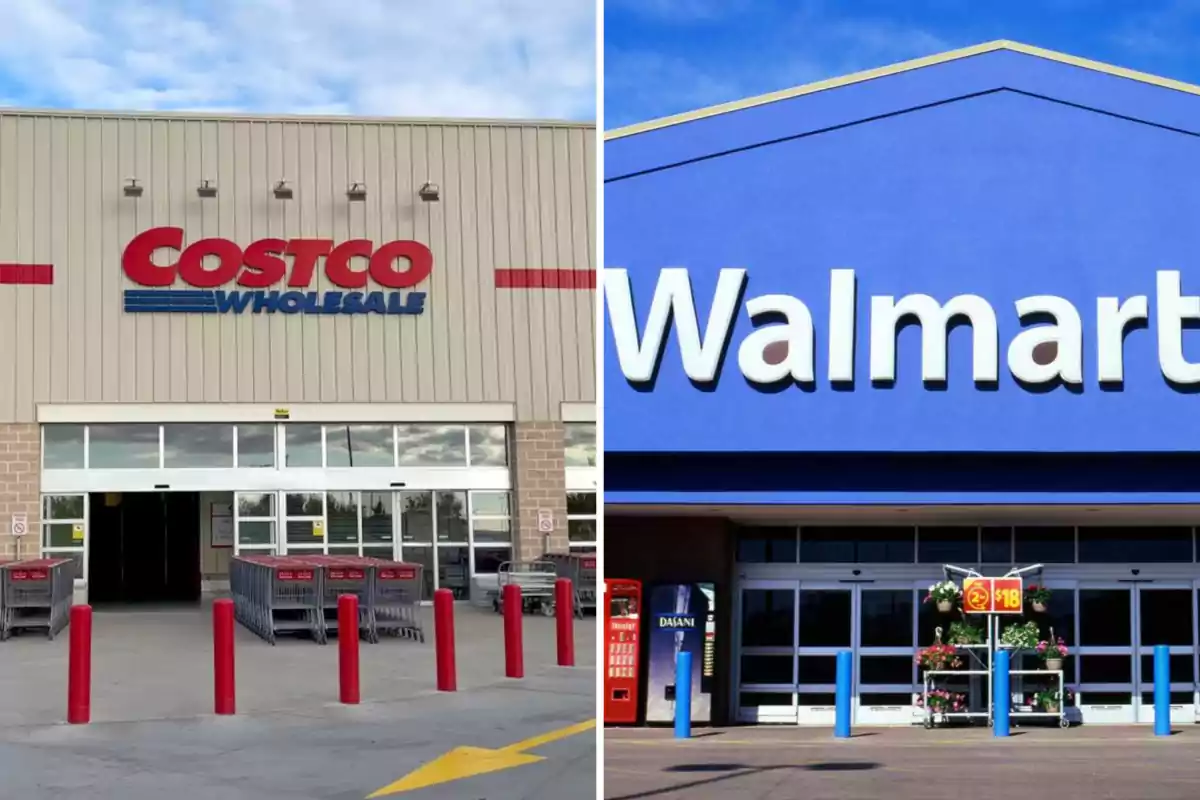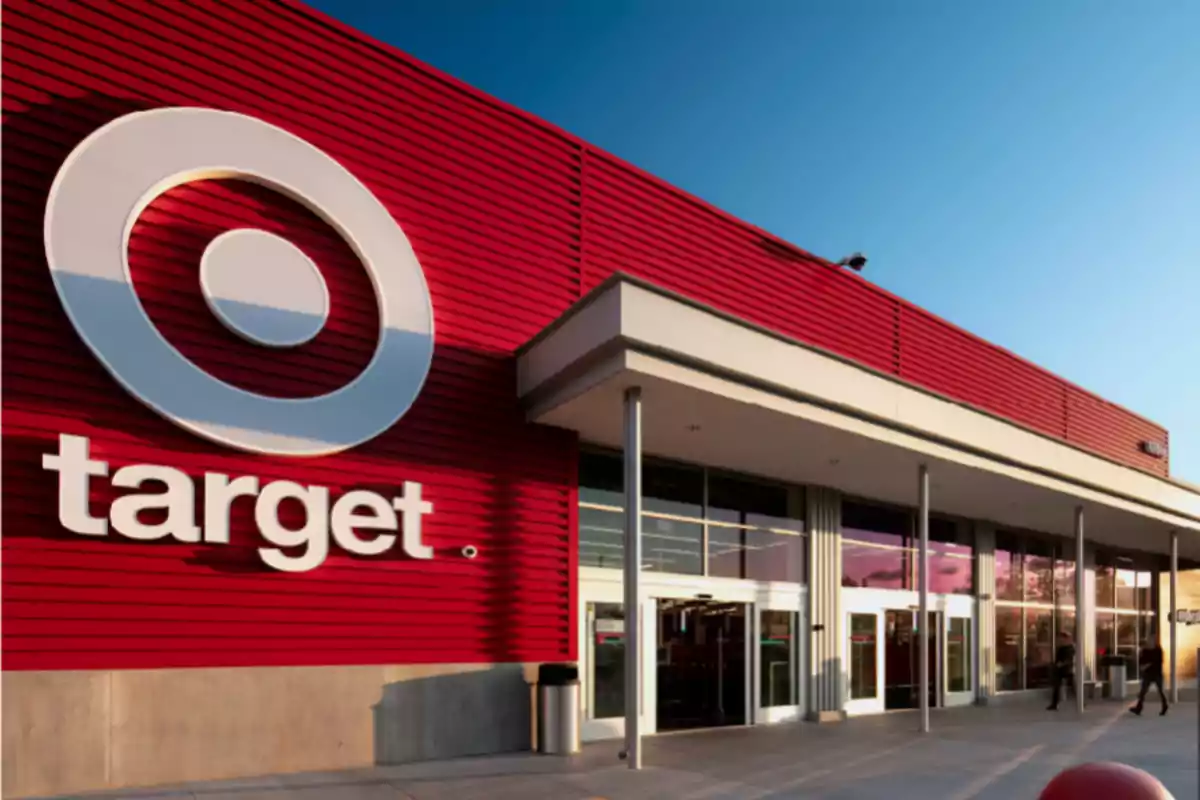
Walmart Confirms Problems in the United States: Target and Costco Are Watching
American Retail Chains Face a Substantial Crisis That Makes Them Tremble
A wave of discontent is sweeping across the United States. From April 7 to 14, thousands of citizens have decided to pause their shopping at Walmart as part of a national boycott called by People’s Union USA. The protest, which extends to pharmacies, health services, and platforms like Walmart+, aims to denounce the economic power of large corporations.
A Call to Action from Social Media
The initiative was driven by John Schwarz, founder of the citizen movement. On TikTok, where he has nearly 350,000 followers, he launched the clear message: "Seven days without shopping, without orders, nothing, this isn't about hate, it's about strategy, about our power." His proposal seeks to raise awareness about the role that companies like Walmart, Target, and Costco have in the U.S. tax system.

Schwarz argues that these companies aren't contributing enough in taxes, while citizens continue to bear the greater tax burden. "We want these corporations to start paying their fair share of taxes so that the American people can finally be relieved of the weight of federal income tax," the activist claimed. The goal is clear: to highlight what they consider a structural inequality where the profits of large chains don't translate into equitable contributions to the system.
Expected Impact and Similar Backgrounds
This boycott isn't the first nor will it be the last. Previous cases, like protests against Target for its diversity policies, have already shown that consumers are willing to react when they feel something is wrong. But this time, the protest targets a broader spectrum: tax justice, concentration of power, and transparency.
Some call it an "economic blackout": the strategy seeks to affect Walmart's sales and digital traffic, delivering a direct hit to its figures. According to Newsweek, similar actions in the past have significantly reduced the commercial activity of targeted companies. The outcome of this mobilization remains to be seen, but its reach could be greater than desired.

In response to the movement, Walmart stepped forward with a firm defense. The chain issued a statement making its stance clear. "As one of the largest corporate taxpayers in the country, we not only pay our fair share, but we are an economic multiplier that strengthens communities across the country."
Divided Reactions and a Message Beyond Walmart
The chain also highlighted its social commitment. Last year, it donated more than $1.7 billion in cash and products to various humanitarian causes, from disaster response to fighting hunger. Still, for many, those figures aren't enough in the face of current tax demands.
Schwarz insists that the boycott goes beyond a brand and encourages citizens to reduce their consumption at large chains and turn to local commerce. "This movement isn't against people, it's for them. We lift each other up, protect our communities, and show the giants that we're not afraid to fight," he stated in his posts.
With this new chapter in the relationship between consumers and large companies, the message is clear: citizens want to be heard. And they're trying where it hurts the most: at the cash register.
More posts: